News
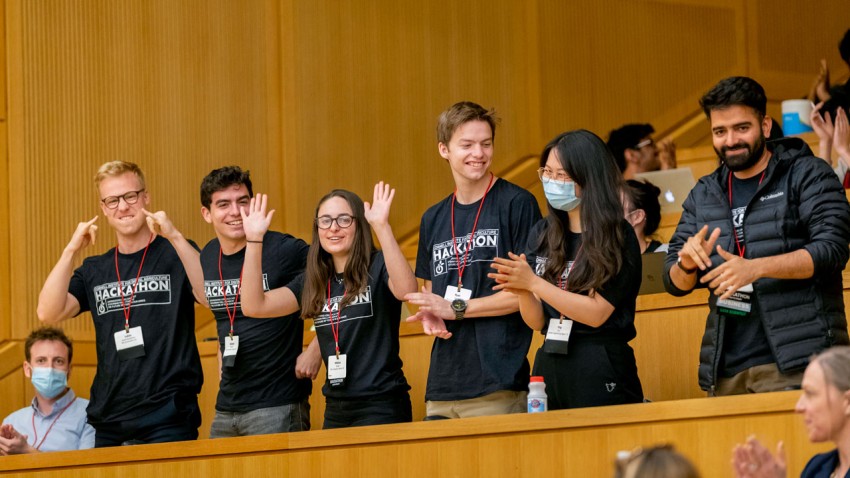
Students from 28 fields across six different schools gathered at the fourth annual Digital Agriculture Hackathon, March 11-13, to find solutions to global food system issues while competing for cash prizes.
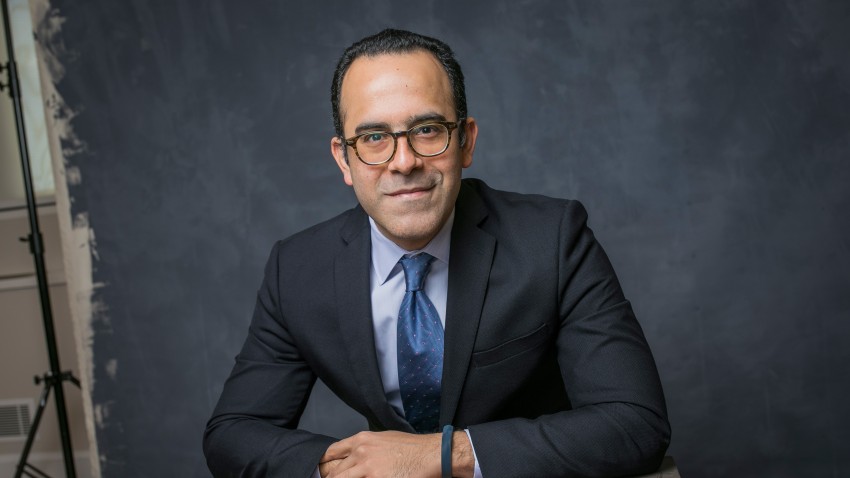
Ariel Ortiz-Bobea says there is no greater threat to our food supply than climate change. He has been appointed to a USDA advisory panel where he will get to shape policy that leads to solutions.
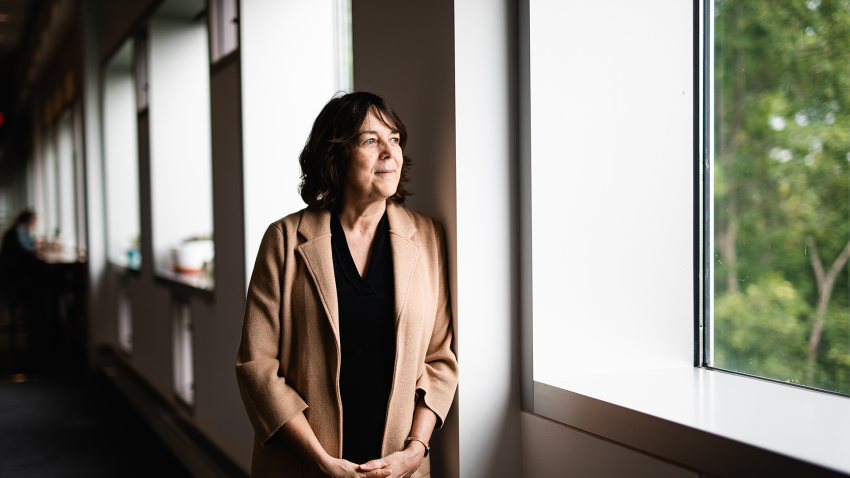
Diane Bailey, the Geri Gay Professor of Communication, has been named director of the Cornell Institute for Digital Agriculture.
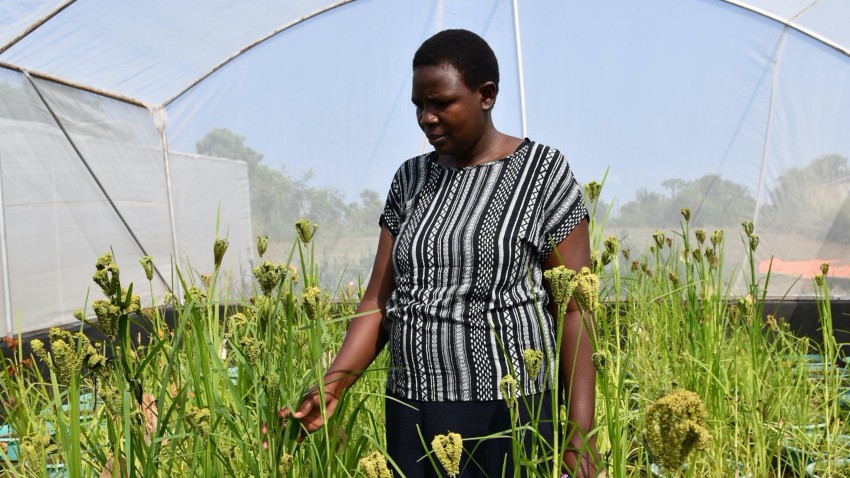
Plant breeders across Africa are on a mission to defend farmers against striga infestations. To start, they must be able to measure the growth, performance and composition of sorghum and striga, which historically has been difficult due to access to and investment in technology. Now, accessible digital tools are being deployed in innovative ways by…
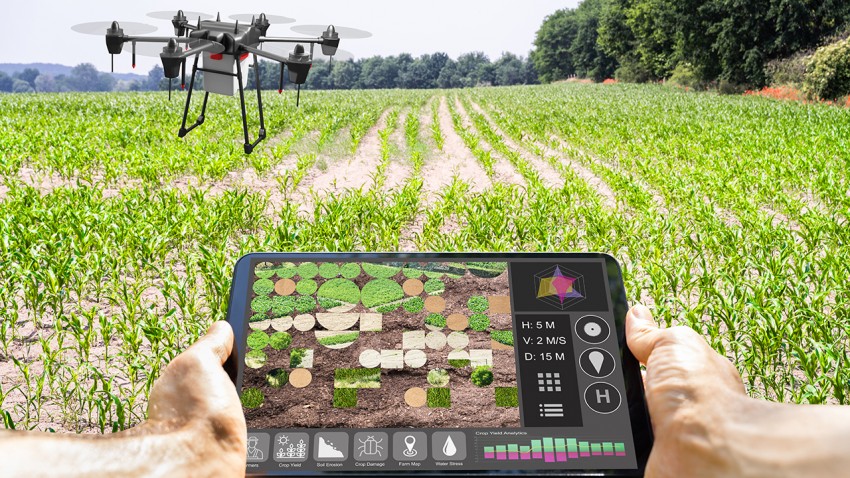
From fully autonomous berry harvesters to plant-based lupini bean protein bars, the startups competing for $3 million in prize money at this year’s Grow-NY Food and Agriculture Competition are bringing revolutionary innovations to market.

A $3.5 million renovation of Jordan Hall on the Cornell AgriTech campus will enable more distance-learning opportunities for entrepreneurs and workers in New York state’s food and farm economy.
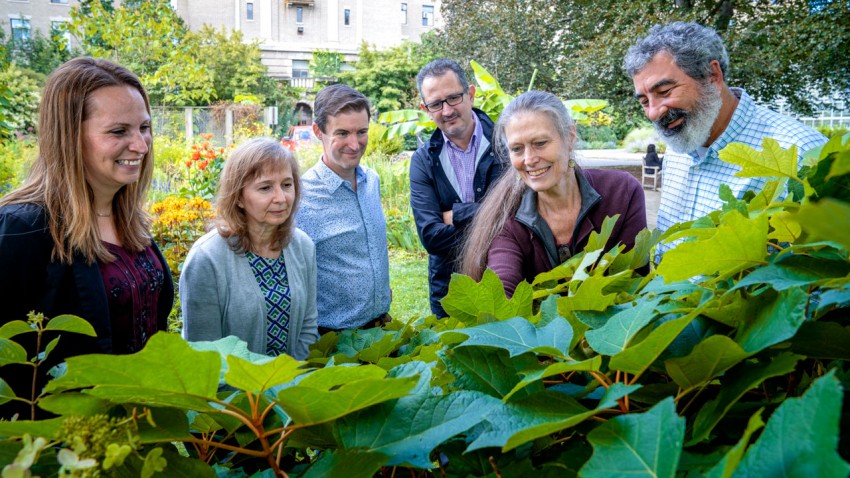
The new Center for Research on Programmable Plant Systems, or CROPPS, funded by a five-year, $25 million National Science Foundation grant, aims to grow a new field called digital biology.
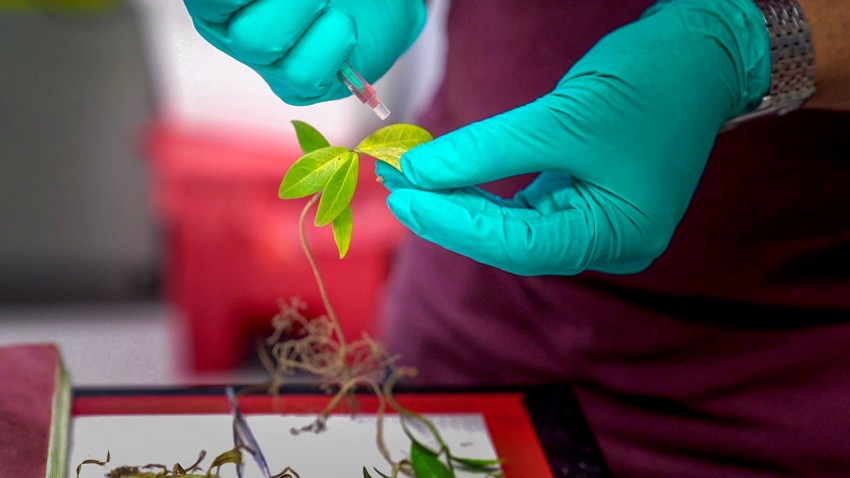
A breakthrough technology uses nanoscale sensors and fiber optics to measure water status just inside a leaf’s surface, providing a tool to greatly advance our understanding of basic plant biology, and opening the door for breeding more drought-resistant crops.
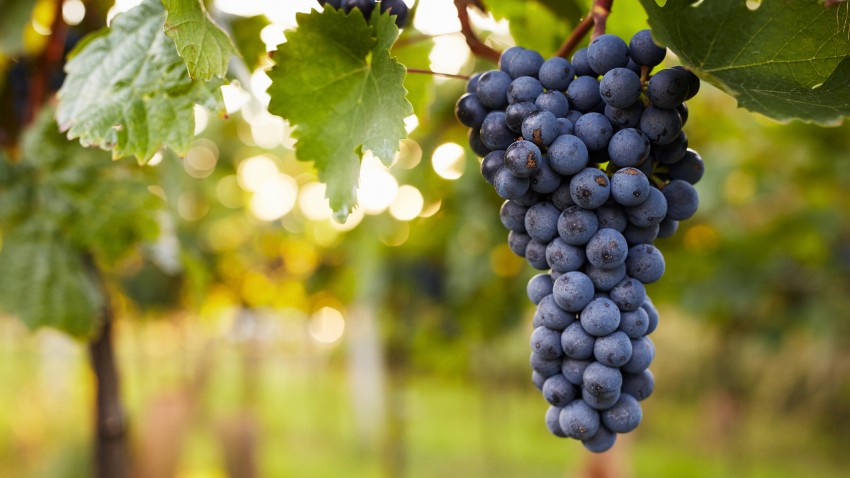
An anonymous gift will improve grapevine health, quality, yields and profitability in the New York state wine and grape industry through the creation of a graduate student research fellowship program.
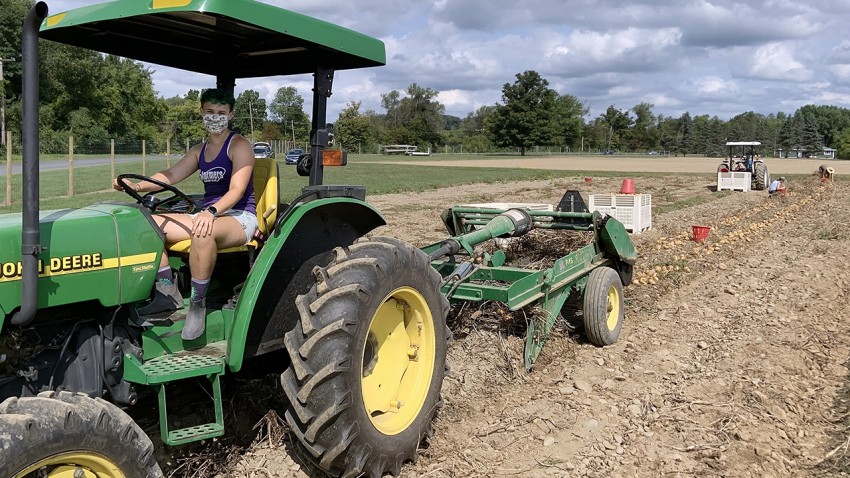
New funding from the U.S. Department of Agriculture’s National Institute of Food and Agriculture will help the Cornell Farmworker Program continue to reach more than 3,000 New York farmworkers with critical health and legal information.


